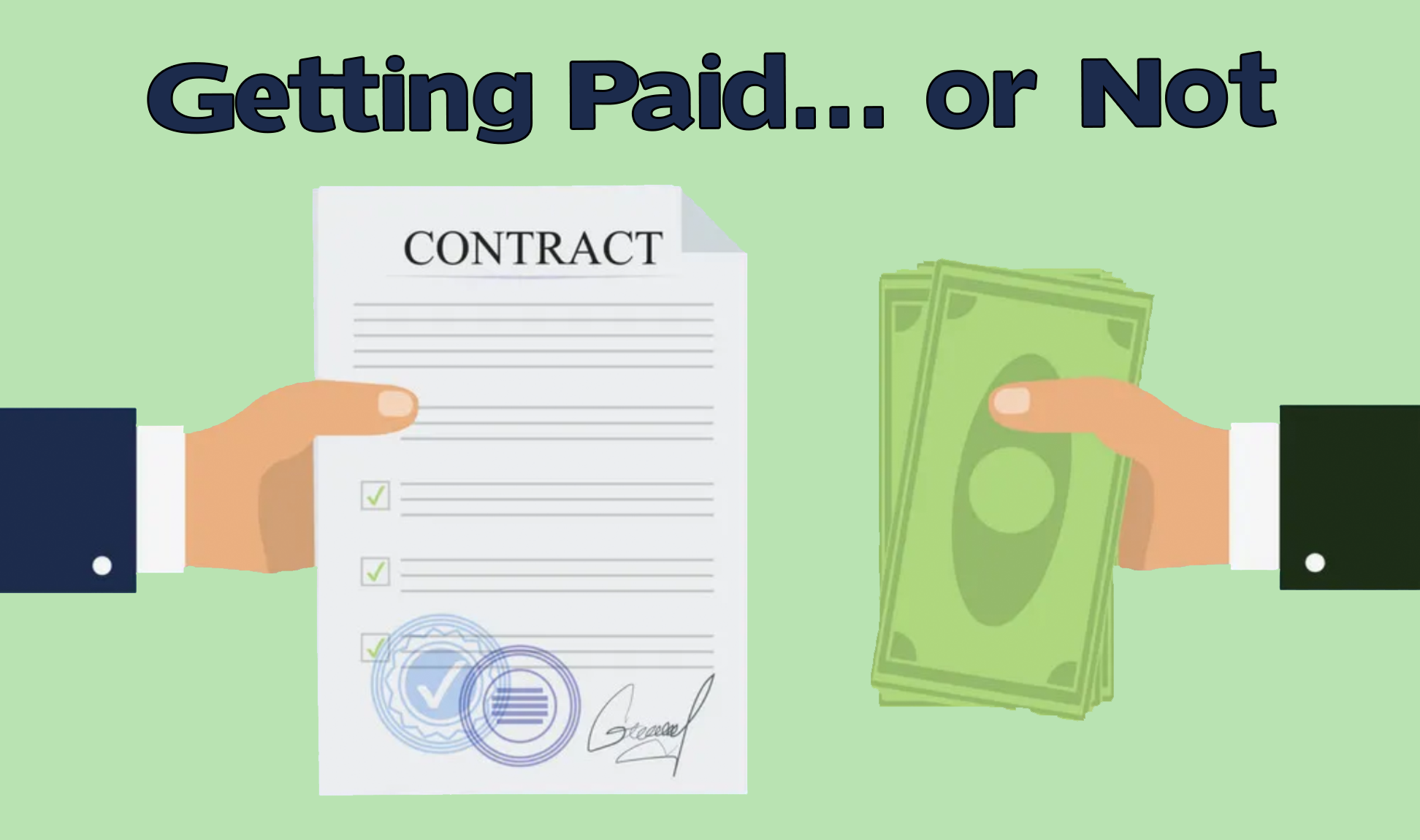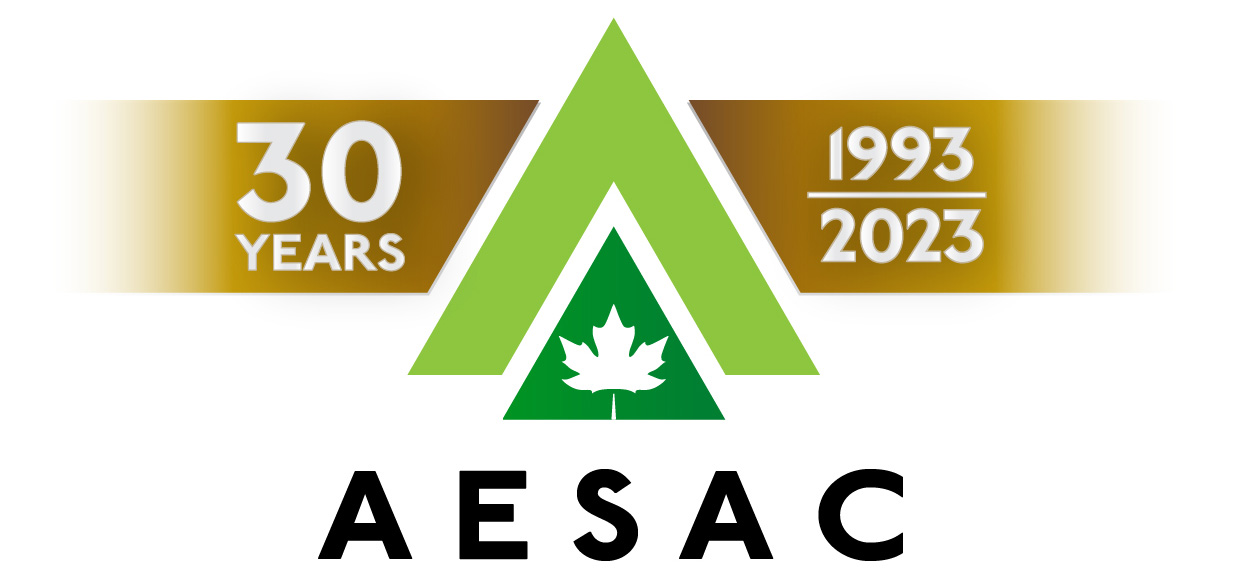- Home
- Training Courses
- Membership
- About Us
- Instructors Blog
- December 2023: All I Want For Christmas
- November 2023: ESA Report Reviews
- October 2023: Can AI Write an ESA Report?
- September 2023: Getting Paid... or Not
- August 2023: Take Me Back...
- July 2023: To Bid or Not To Bid
- June 2023: Selecting a Supplier
- April 2023: Phase 1 Problems, Part 3
- March 2023: Phase 1 Problems, Part 2
- February 2023: Phase 1 Problems, Part 1
- January 2023: Working Outside in Winter
- 2022 Blogs
- 2021 Blogs
- December 2021: Asbestos in your Home
- Sept 2021: Dirty Jars And Other Bad Things… Part 2
- August 2021: Dirty Jars And Other Bad Things… Part 1
- July 2021: How do you want that drawing to look? Part 2
- June 2021: How Did You Want That Drawing To Look? Part 1
- April 2021: So You Need a RSC... Part 2
- March 2021: So You Need a RSC... Part 1
- February 2021: What's In Your Toolbox? Part 2
- January 2021: What's In Your Toolbox? Part 1
- 2020 Blogs
- December 2020: A Day in the Life, Part 2
- November 2020: A Day in the Life, Part 1
- October 2020: Exploring Your Career Path
- September 2020: So You Want To Start Your Own Business - Part 2
- August 2020- So You Want to Start Your Own Business
- June 2020: Effective Communication
- May 2020: Tips For Working From Home
- April 2020: Conducting ESA’s During a Pandemic
- March 2020: It's Not Easy Being Green
- February 2020: Looking Ahead; Bold Predictions for the Next Decade
- January 2020: Looking Back; A Decade in Review
- 2019 Blogs
- 2018 Blogs
- 2017 Blogs
- 2016 Blogs
- 2015 Blogs
- Find an AESAC Member
Menu- Home
- Training Courses
- » Training Courses
- » Webinar Series
- » Calendar of Events
- » Course Registration
- » Course Instructors
- » Testimonials
- Membership
- » Become a Member
- » Certifications
- » Membership Search
- » Update Member Profile
- » Members Only
- » » Member Login
- » » Membership Renewal
- » » Create/Change Password
- » » CESA Certification Application
- About Us
- » About AESAC
- » Course Instructors
- » Contact Us
- Instructors Blog
- » December 2023: All I Want For Christmas
- » November 2023: ESA Report Reviews
- » October 2023: Can AI Write an ESA Report?
- » September 2023: Getting Paid... or Not
- » August 2023: Take Me Back...
- » July 2023: To Bid or Not To Bid
- » June 2023: Selecting a Supplier
- » April 2023: Phase 1 Problems, Part 3
- » March 2023: Phase 1 Problems, Part 2
- » February 2023: Phase 1 Problems, Part 1
- » January 2023: Working Outside in Winter
- » 2022 Blogs
- » » December 2022: Advice To My Younger Self
- » » October 2022: Pre-Purchase Due Diligence
- » » Sept 2022: Words Matter
- » » July 2022: Let Us Come To You
- » » April 2022: Due Diligence
- » » March 2022: Time Management
- » » February 2022: Spinning Augers... Part 2
- » » January 2022: Spinning Augers... Part 1
- » 2021 Blogs
- » » December 2021: Asbestos in your Home
- » » Sept 2021: Dirty Jars And Other Bad Things… Part 2
- » » August 2021: Dirty Jars And Other Bad Things… Part 1
- » » July 2021: How do you want that drawing to look? Part 2
- » » June 2021: How Did You Want That Drawing To Look? Part 1
- » » April 2021: So You Need a RSC... Part 2
- » » March 2021: So You Need a RSC... Part 1
- » » February 2021: What's In Your Toolbox? Part 2
- » » January 2021: What's In Your Toolbox? Part 1
- » 2020 Blogs
- » » December 2020: A Day in the Life, Part 2
- » » November 2020: A Day in the Life, Part 1
- » » October 2020: Exploring Your Career Path
- » » September 2020: So You Want To Start Your Own Business - Part 2
- » » August 2020- So You Want to Start Your Own Business
- » » June 2020: Effective Communication
- » » May 2020: Tips For Working From Home
- » » April 2020: Conducting ESA’s During a Pandemic
- » » March 2020: It's Not Easy Being Green
- » » February 2020: Looking Ahead; Bold Predictions for the Next Decade
- » » January 2020: Looking Back; A Decade in Review
- » 2019 Blogs
- » » November 2019
- » » September 2019
- » » August 2019
- » » July 2019
- » » May 2019
- » » March 2019
- » » February 2019
- » » January 2019
- » 2018 Blogs
- » » November 2018
- » » October 2018
- » » September 2018
- » » August 2018
- » » July 2018
- » » June 2018
- » » May 2018
- » » March 2018
- » » February 2018
- » » January 2018
- » 2017 Blogs
- » » April 2017
- » » June 2017
- » » August 2017
- » » September 2017
- » » December 2017
- » 2016 Blogs
- » » October 2016
- » » September 2016
- » » August 2016
- » » July 2016
- » » June 2016
- » » March 2016
- » » January 2016
- » » December 2016
- » » November 2016
- » 2015 Blogs
- » » April 2015
- » » July 2015
- » » September 2015
- » » October 2015
- » » December 2015
- Find an AESAC Member
One of the more distressing events for any business, especially small firms and sole proprietors is the prospect of not getting paid for work you have completed. Late payments from clients are bad enough, but getting stiffed for an invoice is even worse, especially if you have already paid out for your suppliers and subcontractors. Here then are a few tips to try to avoid this issue all together, and what you may expect if you end up in this situation. Most of this is based on painful and/or expensive knowledge gained by myself and colleagues – what my Dad would have called ‘learning experiences’.
Screen your Clients
Before you enter into any proposal, contract or business relationship, screen your potential clients. Do they have a history of prompt payment, or have they been delinquent in the past? If you have no prior relationship, were they referred by trusted colleagues or other clients – or did they appear out of the blue? Beware of unreasonable client expectations regarding project scope, timing, and budgets. Stay clear of the client and project if you suspect anything illegal or are asked to do anything you consider unethical. Be careful with potential clients who promise you all their future work if only you will give them a low-ball price on the initial project. Strive to provide good value for your services and avoid the race to the bottom in pricing. Trust your gut – if it sounds too good to be true, it probably is.Be Clear on Deliverables and Get a Signed Contract
Whether you are submitting a proposal or entering a contract for a project, you need to clearly define the scope of services, project deliverables, time frame and costs. You may also need to include a discussion of non-scope and contingency items; a fee structure for extras to the contract (unit and hourly rates, mark-ups), and approval mechanisms for any extras. Many consultants will include a schedule of standard contract terms & conditions, and report or project limitations. It is advisable to have your base contract documents and standard terms reviewed by a lawyer, and in some cases by your insurer. Larger contracts and most government work will usually require an extensive set of legal contract documents, and you may need to retain a legal or contract expert to help interpret these. Retainer deposits, regular project milestone billings with clear and prompt payment terms, and rigorous follow-up on late invoices are also good practices. Always, always, always get a signed contract, and signed approval for any extra tasks or extra fees – your legal representative will agree, should you end up in court.When Clients (or projects) go bad…
Despite following all the best practices and legal advice, you can end up with a client that can’t, or won’t pay your invoice. If this is due to the client’s financial hardship or unforeseen misfortune, you may be able to negotiate a mutually acceptable resolution – or worst case you may be out of luck with nobody able or available to pay your fee. If non-payment is due to a contract dispute, contractor negligence or failure to deliver as agreed; that may well be a situation for the lawyers to resolve. In the event that a client refuses to pay any fees despite you fulfilling the contract, you may be able to seek resolution in small claims court. Unfortunately this can incur costs and take several years to resolve (or more with post-pandemic court delays). I suggest you seek legal advice to confirm the viability of your claim and to file it (or try it yourself if you have time, patience and some level of expertise). Should you decide to proceed be prepared for delays, escalating costs, frustration and often an unfairly low settlement or award (after legal fees and tax with-holding you could end up with only pennies on the dollar for the amount owed). If the dispute can’t be settled by the involved parties and goes to court, you could even lose and be ordered to pay the defendants costs as well It seems that some unscrupulous grifters know the court route is lengthy and potentially expensive, and count on that in not paying bills. All the more reason to always have signed contracts, detailed proposals/scopes of work, and try to avoid non-payment in the first place.Bill Leedham, P. Geo., CESA
Bill is the Head Instructor and Course Developer for the Associated Environmental Site Assessors of Canada (www.aesac.ca); and the founder and President of Down 2 Earth Environmental Services Inc. You can contact Bill at info@down2earthenvironmental.ca
Training Courses
Membership
About Us
Contact UsCopyright (c) 2024 Associated Environmental Site Assessors of Canada; AESAC Inc.



